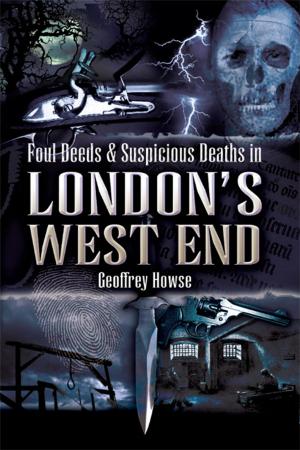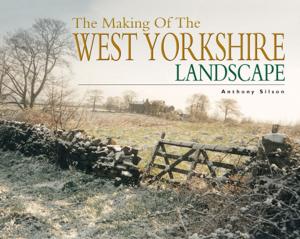The Quintinshill Conspiracy
The Shocking True Story Behind Britain's Worst Rail Disaster
Nonfiction, Reference & Language, Transportation, Business & Finance, Industries & Professions, Industries| Author: | Adrian Searle, Jack Anthony Richards | ISBN: | 9781473831803 |
| Publisher: | Wharncliffe | Publication: | October 1, 2013 |
| Imprint: | Wharncliffe | Language: | English |
| Author: | Adrian Searle, Jack Anthony Richards |
| ISBN: | 9781473831803 |
| Publisher: | Wharncliffe |
| Publication: | October 1, 2013 |
| Imprint: | Wharncliffe |
| Language: | English |
It was the railway's Titanic. A horrific crash involving five trains in which 230 died and 246 were injured, it remains the worst disaster in the long history of Britain's rail network. The location was the isolated signal box at Quintinshill, on the Anglo-Scottish border near Gretna; the date, 22 May 1915. Amongst the dead and injured were women and children but most of the casualties were Scottish soldiers on their way to fight in the Gallipoli campaign. Territorials setting off for war on a distant battlefield were to die, not in battle, but on home soil – victims, it was said, of serious incompetence and a shoddy regard for procedure in the signal box, resulting in two signalmen being sent to prison. Startling new evidence reveals that the failures which led to the disaster were far more complex and wide-reaching than signalling negligence. Using previously undisclosed documents, the authors have been able to access official records from the time and have uncovered a highly shocking and controversial truth behind what actually happened at Quintinshill and the extraordinary attempts to hide the truth. As featured in Dumfries & Galloway Life magazine, January 2014.
It was the railway's Titanic. A horrific crash involving five trains in which 230 died and 246 were injured, it remains the worst disaster in the long history of Britain's rail network. The location was the isolated signal box at Quintinshill, on the Anglo-Scottish border near Gretna; the date, 22 May 1915. Amongst the dead and injured were women and children but most of the casualties were Scottish soldiers on their way to fight in the Gallipoli campaign. Territorials setting off for war on a distant battlefield were to die, not in battle, but on home soil – victims, it was said, of serious incompetence and a shoddy regard for procedure in the signal box, resulting in two signalmen being sent to prison. Startling new evidence reveals that the failures which led to the disaster were far more complex and wide-reaching than signalling negligence. Using previously undisclosed documents, the authors have been able to access official records from the time and have uncovered a highly shocking and controversial truth behind what actually happened at Quintinshill and the extraordinary attempts to hide the truth. As featured in Dumfries & Galloway Life magazine, January 2014.















